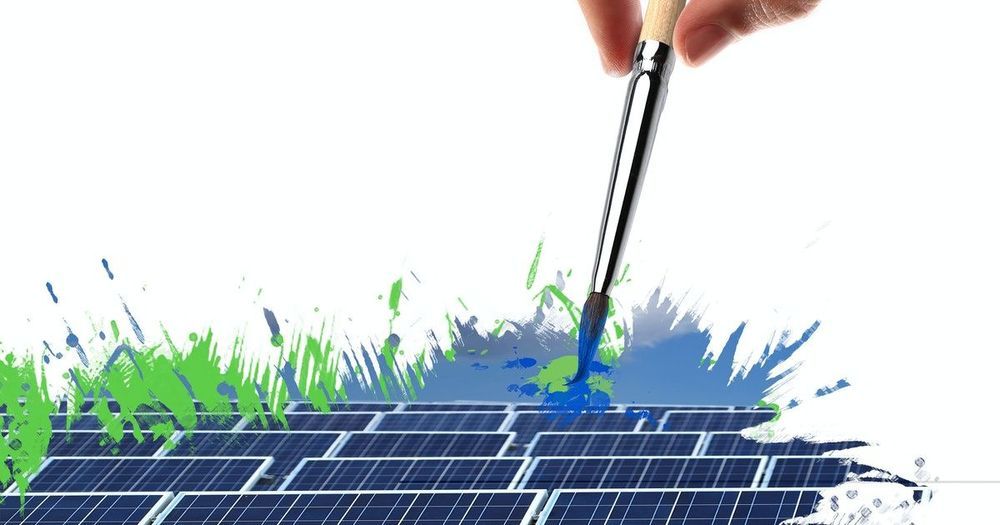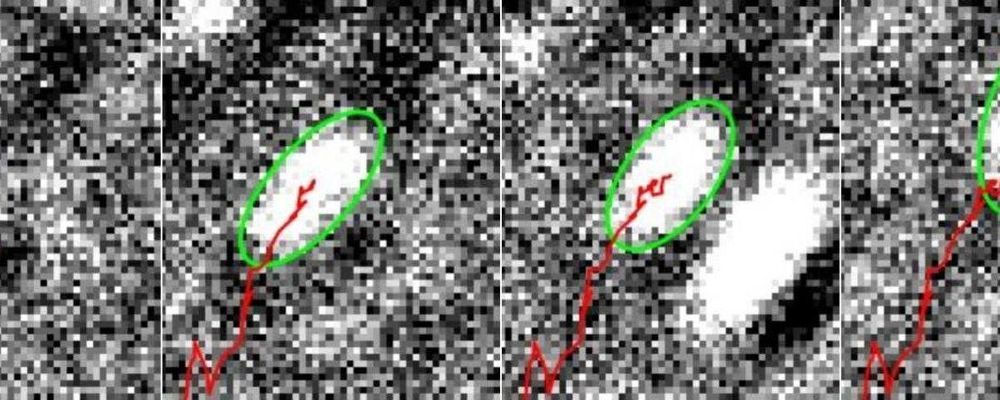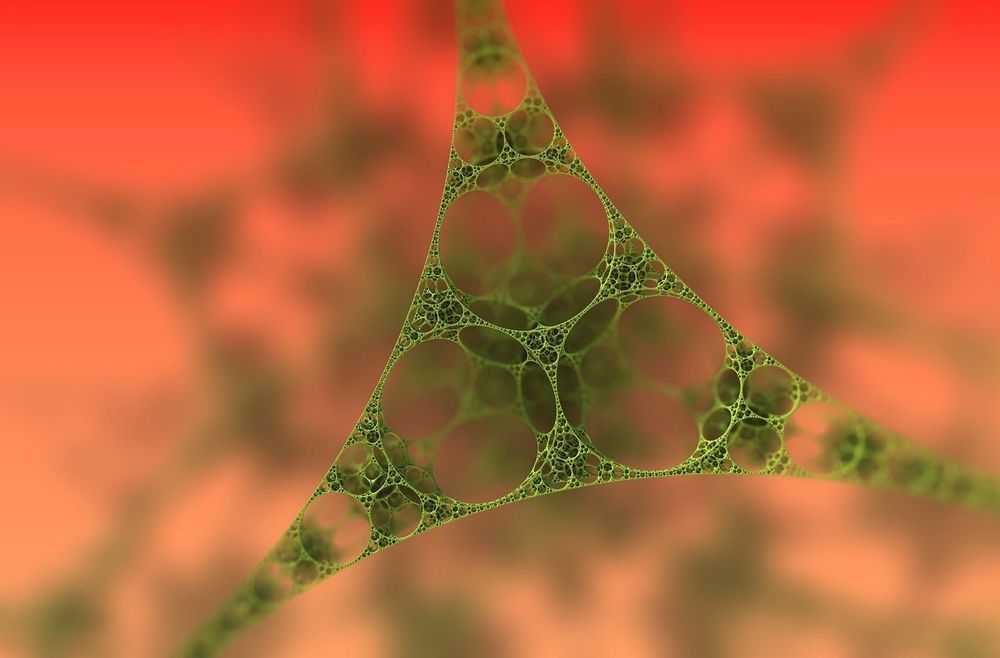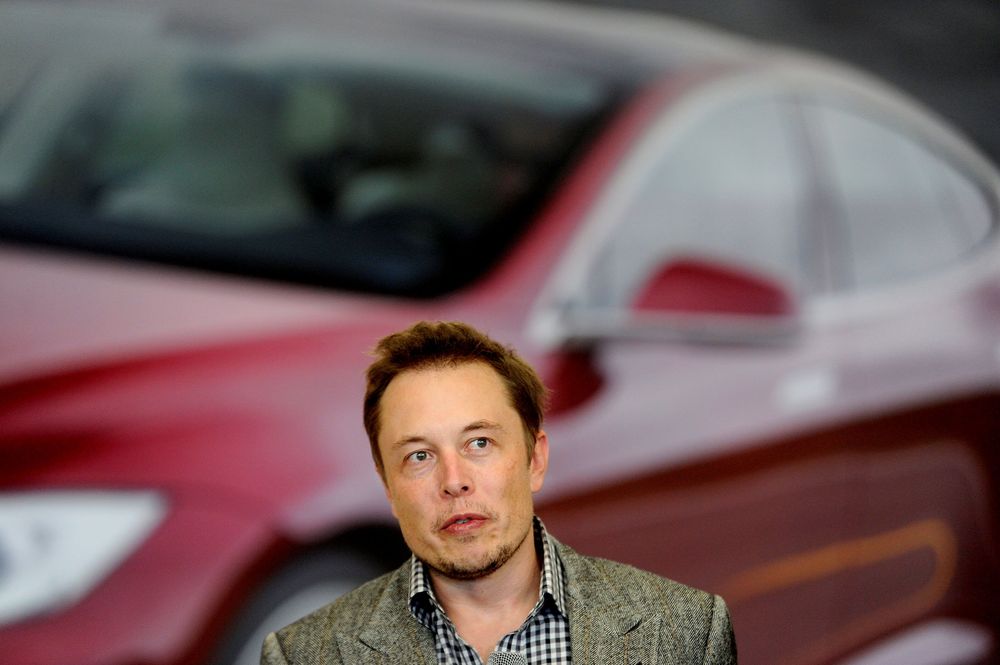Apr 8, 2020
Attackers can bypass fingerprint authentication with an ~80% success rate
Posted by Quinn Sena in categories: mobile phones, security
Although hackers managed to defeat TouchID with a fake fingerprint less than 48 hours after the technology was rolled out in the iPhone 5S, fingerprint-based authentication over the past few years has become much harder to defeat. Today, fingerprints are widely accepted as a safe alternative over passwords when unlocking devices in many, but not all, contexts.
A study published on Wednesday by Cisco’s Talos security group makes clear that the alternative isn’t suitable for everyone—namely those who may be targeted by nation-sponsored hackers or other skilled, well-financed, and determined attack groups. The researchers spent about $2,000 over several months testing fingerprint authentication offered by Apple, Microsoft, Samsung, Huawei, and three lock makers. The result: on average, fake fingerprints were able to bypass sensors at least once roughly 80 percent of the time.
The percentages are based on 20 attempts for each device with the best fake fingerprint the researchers were able to create. The results may not be fully applicable to Apple products since they limit users to five attempts before asking for the PIN or password. Other products tested permitted significantly more or even an unlimited number of unsuccessful tries.


















